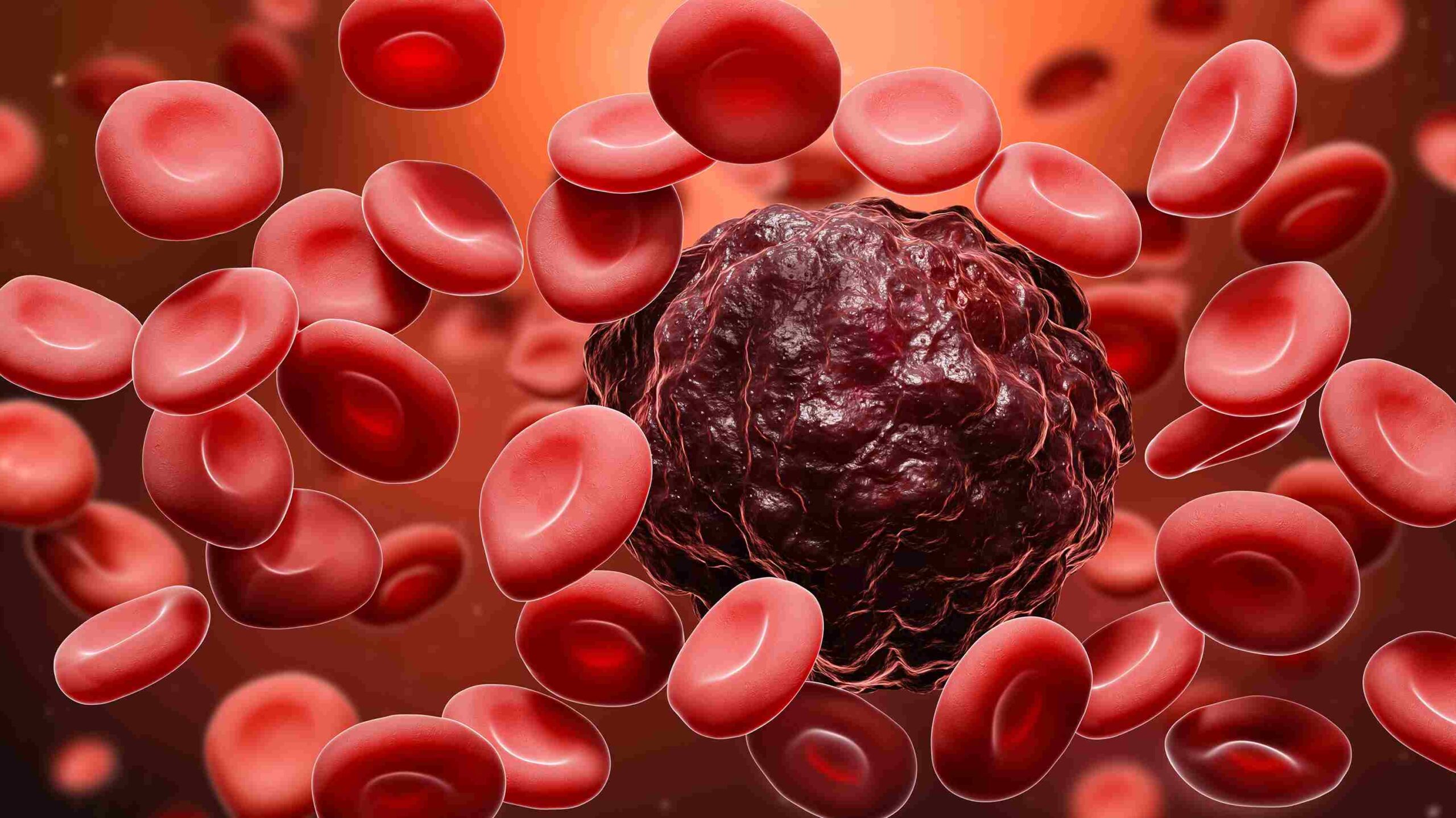Scarcity of accurate cancer data hampering treatment – FG
The National Institute for Cancer Research and Treatment (NICRAT), says the scarcity of credible and accurate data on cancer in Nigeria is hindering the design and effective implementation of strategies for cancer control, research, prevention, and treatment. The Director General of the agency, Prof. Usman Malami Aliyu stated this yesterday in Abuja during the dialogue […]

The National Institute for Cancer Research and Treatment (NICRAT), says the scarcity of credible and accurate data on cancer in Nigeria is hindering the design and effective implementation of strategies for cancer control, research, prevention, and treatment.
The Director General of the agency, Prof. Usman Malami Aliyu stated this yesterday in Abuja during the dialogue on improving the effectiveness of cancer registration in Nigeria.
He said this includes credible and accurate data on cancer incidence, morbidity, mortality, survival rates and related aspects in Nigeria.
He said cancer registries in the country face significant challenges due to a lack of funding and operational difficulties among others.
Cash Scarcity: Nigerians Tired Of Excuses, Fix Problem Now, NLC Tells FG
Strike grounds FCT primary schools
He enjoined the participants to share insights, saying with their collaboration, the challenges faced by the cancer registries could be overcome and funding for their sustenance would be secured while bolstering the accuracy and accessibility of our data.
The Minister of State for Health and Social Welfare, Dr. Tunji Alausa, said the ministry was extremely impressed with the activities going on NICRAT.
He said, “There is never a time in Nigeria that cancer issues have been addressed like now. It is my belief that the meeting will come up with solutions that will improve cancer registry in Nigeria,” the minister stressed.
Represented by his Special Advisor, Dr. Lola Adeyemi, he lauded the launch of three documents, the National Cancer Research Agenda 2024-2028; National Strategic Plan for Prevention of Cancer of Uterine cervix 2023-2027, and National Strategic Cancer Control Plan 2023-2027.
The three documents have priority areas of action that address governance, prevention, supply chain management, data and research as well as surveillance which are in tandem with the above four-point agenda.
